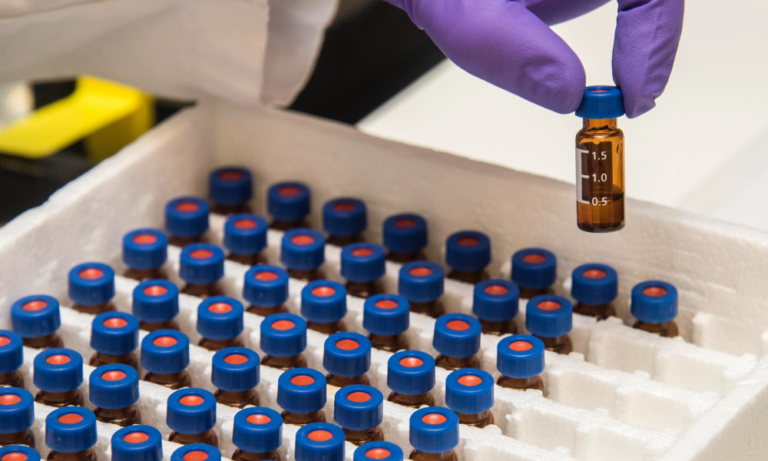The COLCOT study: a world-class discovery made at the Montreal Heart Institute
Foundation
Home > Blog > The COLCOT study: a world-class discovery made at the Montreal Heart Institute
Cardiovascular diseases are the world’s leading cause of death. In Canada, they are also the leading cause of death for women. In fact, heart attacks kill nearly 1 in 4 women.
Faced with this alarming fact and in the hope of finding new solutions for patients, researchers at the Montreal Heart Institute launched a global study titled COLCOT (COLchicine Cardiovascular Outcomes Trial) in 2014. The goal was to determine whether colchicine, a widely available drug, could prevent the risk of heart attacks in patients who had already experienced this kind of event.
Understanding a heart attack
To find out why researchers at Canada’s largest cardiology research centre began looking into colchicine, it’s important to understand what happens during a myocardial infarction, also known as a heart attack.
This serious health problem, which can result in death, is when a coronary artery which brings oxygen to the heart becomes blocked. This blockage is often caused by atherosclerosis, which is a buildup of fat that prevents blood from flowing to the heart. When the artery becomes inflamed, it can limit the heart’s ability to pump blood to the rest of the body, a very dangerous situation.
The first signs of a heart attack are a sharp pain in the chest, neck, or arm and shortness of breath. If you experience these symptoms, you must immediately dial 911.
What is colchicine?
Because inflammation of the coronary arteries significantly increases the risk of a heart attack, the COLCOT study researchers focused on determining if colchicine had the potential to slow or prevent cardiovascular inflammation.
This orally administered drug has long been prescribed to treat pericarditis, gout, and Familial Mediterranean Fever. Colchicine can be beneficial for patients and is very safe. It can also be advantageous for public health care systems because it is extremely affordable.
When added to standard treatments such as aspirin and statins, colchicine plays an indisputable preventive effect, reducing heart attack survivors’ risks of suffering other cardiovascular events.
A world-class breakthrough in cardiovascular medicine
The COLCOT study took place over 5 years and was headed by Dr. Jean-Claude Tardif, Director of the Montreal Heart Institute’s Research Centre. The results were revealed in November 2019 in the prestigious New England Journal of Medicine. It is a significant discovery in the field of cardiovascular medicine and has garnered the attention of health care specialists around the world!
The large-scale study, which recruited 4,745 patients in 167 hospital in 12 countries, confirmed that colchicine could significantly reduce the risk of a first cardiovascular event and the risk of additional cardiovascular events in heart attack survivors.
Real hope for patients
The patient is at the heart of the Institute’s priorities. This world-class discovery in cardiology demonstrates once again how vital it is to financially support clinical and basic research to reach the highest standards of excellence in the fight against cardiovascular diseases.
Thanks to the dedication of donors who have made this study possible and to our specialized experts, heart attack survivors can now truly hope to see their health improve.
Every year, innovative projects take place at the Institute. Discover our other achievements which have been made possible thanks to your generous donations.
Do you care about patients and want to support research?
donate today









